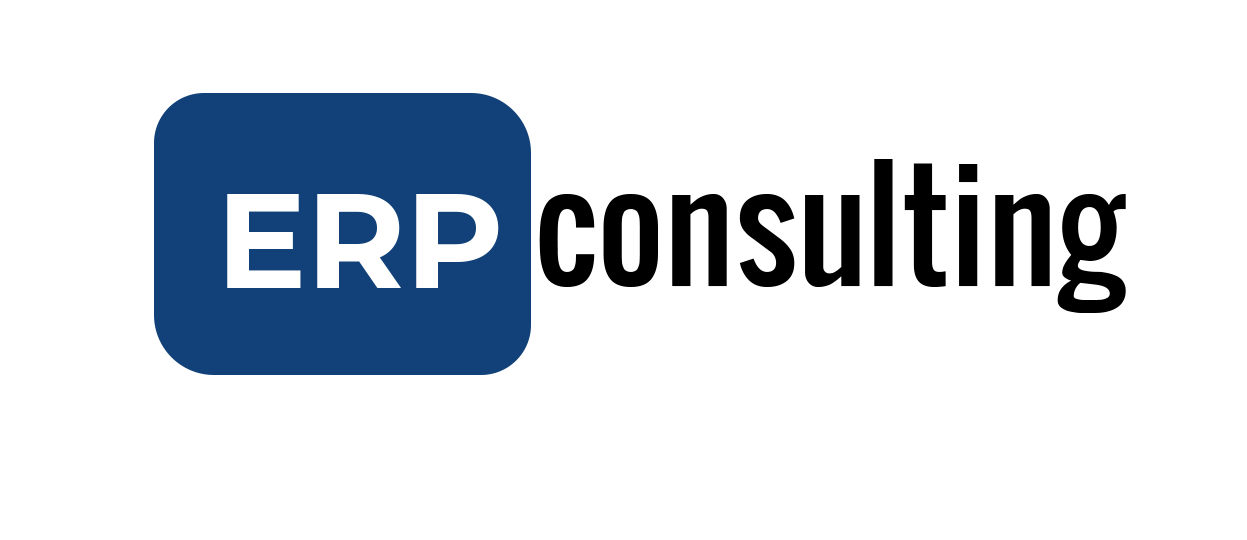CLOUD DEVELOPMENT BOOT-CAMP

ERP Consulting is offering short intensive boot-camp programs designed for professionals in their field. Our Cloud Development Boot-Camp is a fusion of software development and learning operational activities. Software development focuses on undertaking tasks in business application designing, coding and UI designing. We will be engaging with operational quality testing, networking requirements and database administration.
With our boot-camp in cloud development students will understand cloud-based tools, cloud models, LINUX basics and administration. The program will help teams and IT companies to keep up with the constant changes of managing software development and deployment.
- Complete 50 classroom hours
- THIS IS AN INTENSIVE COURSE!
ADMISSION REQUIREMENTS
Candidates for the Cloud Development Boot-Camp must meet the following criteria:
Post-Secondary Degree or Undergraduate Degree:
- Verified By Transcript
- Prioritize Programming
- English Language Proficient
English as a Second Language ESL must pass one of the following:
- International English Language Testing System IELTS score of 5
- Canadian Language Benchmark C.L.B. level 5
- Internal Interview Process
- Technical Aptitude
- Program applicants require an interview. Successful candidates have their choice of program.
- Police Background Check as Needed
CAREERS & OPPORTUNITIES
Our specialized boot-camp-style courses develop essential knowledge needed to excel as a DevOps. Our intense information dense course expands on a students already established skills in their industry.
- Software Engineer
- Development Operations Engineer
- Cloud Engineer
- Data Scientist
- Software Architect
- Full-Stack Developer
